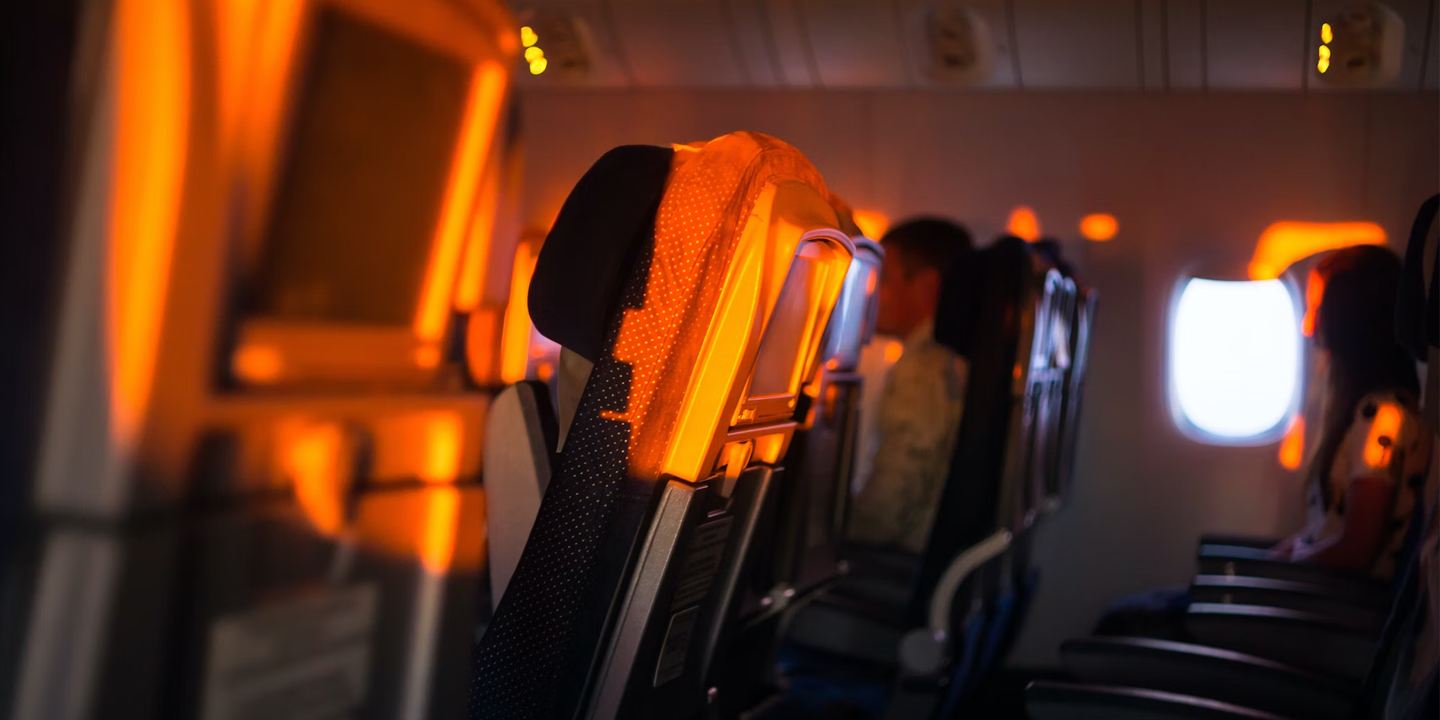Learn Before You Cross the Pond
Traveling is always a bit of a learning process, especially when it comes to other languages. So you’d think traveling somewhere like England, Ireland, or Australia would lessen the language barrier. In many ways, you’re right, but that doesn’t mean a couple of definition changes won’t cause trouble when asking for directions or making plans. Learn some of the words on this list below, and you’ll never be confused again.
1. Lorry
Lorry is one of the few words Americans probably don’t hear much of. A lorry means a large motor vehicle designed to carry loads, so you can think of your standard moving or semi truck. The Brits also use the word truck, but it tends to refer to smaller vehicles.
2. Nappy
No, it doesn’t mean it's time for a nap. Nappy refers to diapers, and is the short form of the word napkin. When diapers used to be a large piece of cloth held together by a comically large safety pin, this word probably made a lot more sense.
3. Boot
While the phrase “get the boot” is used to describe someone getting fired, and “to boot” is another way to say in addition, British slang uses the word boot to refer to the trunk of a car. This makes sense, as the word trunk typically refers to a standalone storage container.
4. Flat
A more commonly heard word, if you watch a lot of British TV, flat is another way to say apartment. It stems from the Old English word flett, meaning dwelling, hall, or a floor. As most apartments don’t have an interior staircase, the word still works.
 Francesca Tosolini on Unsplash
Francesca Tosolini on Unsplash
5. Jumper
A jumper is a sweater, or a pullover, depending on what you prefer to say. In America, a jumper usually refers to a full-bodied piece of clothing, and is a popular term to describe baby clothes.
6. Chips
This one is another common word, but chips mean fries in British English. Chips also tend to be thicker-cut, which are more commonly called frites in American English, while American fries are a bit thinner.
7. Bonnet
Yes, it’s something you put on a baby’s head to keep it protected from the sun, but bonnet is a popular term for a car hood. It makes sense, we suppose, as the engine of the car is wearing a bonnet to protect itself.
8. Ace
While ace is a short form of the word asexual, meaning someone who doesn’t experience sexual attraction, ace is also a British slang word for excellent, or to describe something very good. Ace in American slang typically refers to the playing card, or getting a perfect score on a test.
9. Banger
A banger commonly refers to a sausage in British terminology, but is also used to describe a firecracker, an old car, or a powerful athlete. The word banger comes from the sound that sausages make when they expand and/or burst during the cooking process.
10. Bash
Bash is commonly used across American and British slang as a physical or verbal attack on someone, or more positively, refers to a party or celebration. The Brits have a third meaning, however, in which bash means to try and achieve something.
11. Canteen
Canteen is the British word for cafeteria, as in a public place where food and drink are served. The canteen is also used in military contexts, particularly referring to a small container that carries liquids.
 Dominic Kurniawan Suryaputra on Unsplash
Dominic Kurniawan Suryaputra on Unsplash
12. Block
A block can refer to a section of street between adjacent intersections. It’s also used as a verb, as in to block something. However, British terminology uses the word block to describe a singular building with multiple units, such as a block of flats.
13. Keen
In American terminology, keen is usually synonymous with eager, desirable, or just right. These all ring true in British vernacular as well, but the word also describes a very low or competitive price.
14. Bureau
A bureau, as Americans know it, is typically a public office or government agency, such as the Federal Bureau of Investigation or the United States Census Bureau. In British English, however, a bureau typically refers to a type of writing table that has multiple drawers and, occasionally, a foldable top.
15. Depot
When you think of a depot, you probably think of a large store that sells tools, military supplies, or acts as a storehouse. According to British English, however, a depot refers to a large building or a piece of land where buses, trams, and trains are stored when not in use.
16. Cheers
This word is used interchangeably nowadays, but the American version of cheers is typically used at the end of a toast, while the British version is used more as an expression of gratitude or as a parting word. Not uncommon, and it’s certainly more fun to say cheers than it is to say goodbye.
17. Cooker
According to the Brits, a cooker refers to what Americans call a stove or a range, meaning it's a catch-all term to refer to larger cooking appliances. In America, however, a cooker usually refers to a utensil you put food into to cook, such as a pressure cooker, rice cooker, or slow cooker.
18. First Floor
A small but significant difference in language that’s likely confused international employees time and time again, the British’s first floor is the floor above ground level, which is the second floor in American terms. Let's not worry about who’s right or not, and just focus on going to the right floor of the hotel you’re staying at.
19. Chippy
Chippy isn’t a word commonly used in America, although it can be used as a synonym for aggressively belligerent. More commonly, however, the chippy refers to a fish-and-chip shop. And once again, chip means fries. Chippy is also used as British slang for a carpenter.
20. Hamper
A hamper is a basket for dirty clothes to the average yank, but in British terms, a hamper refers to a large basket for food. Think of a picnic basket or a carrying tray for holiday meals. For their dirty clothes, the Brits typically use the words linen or laundry basket.


























